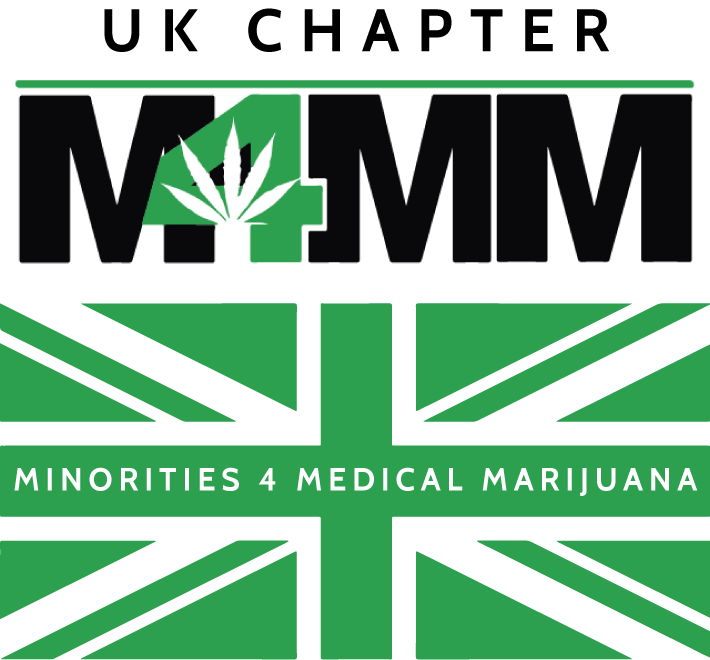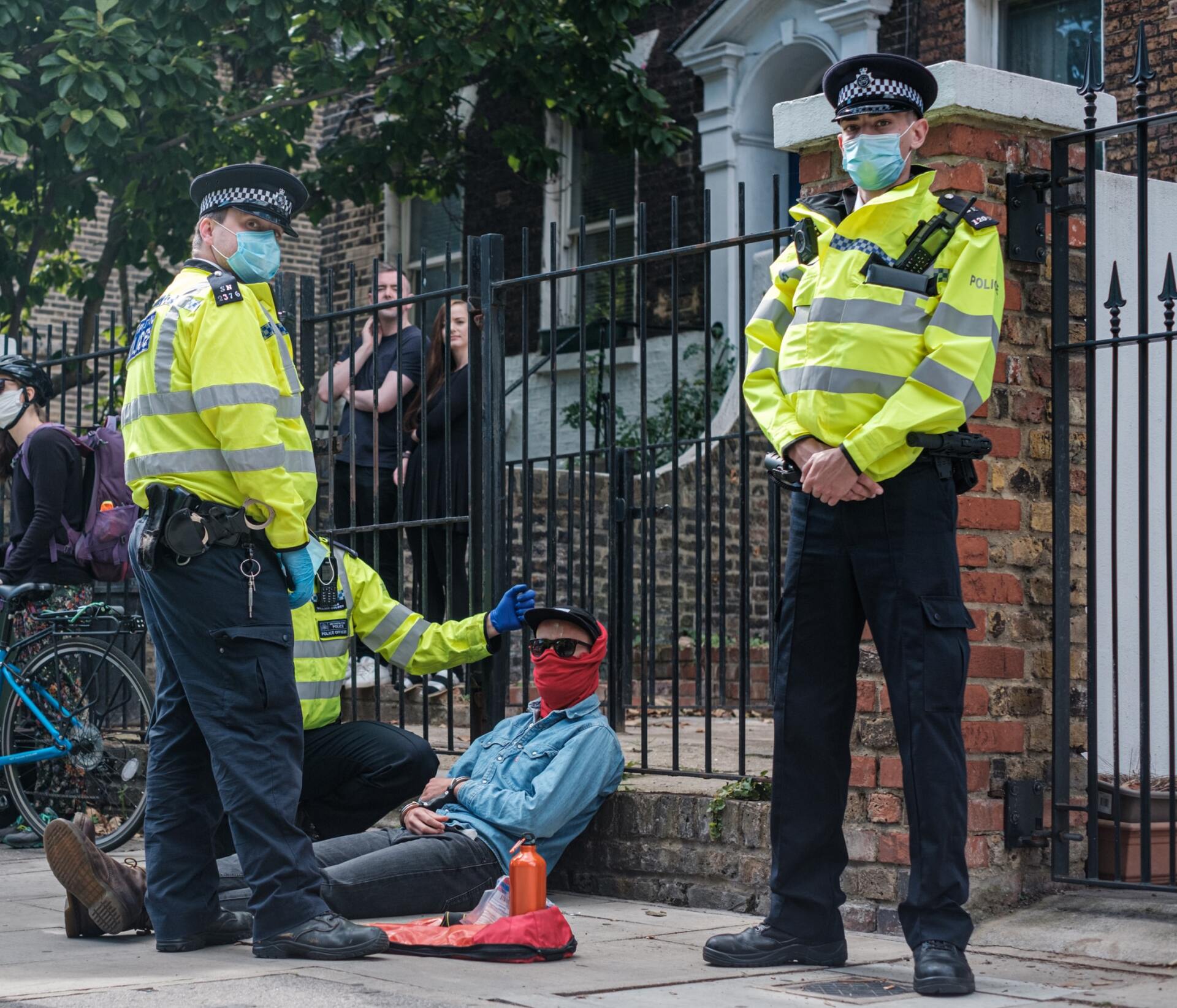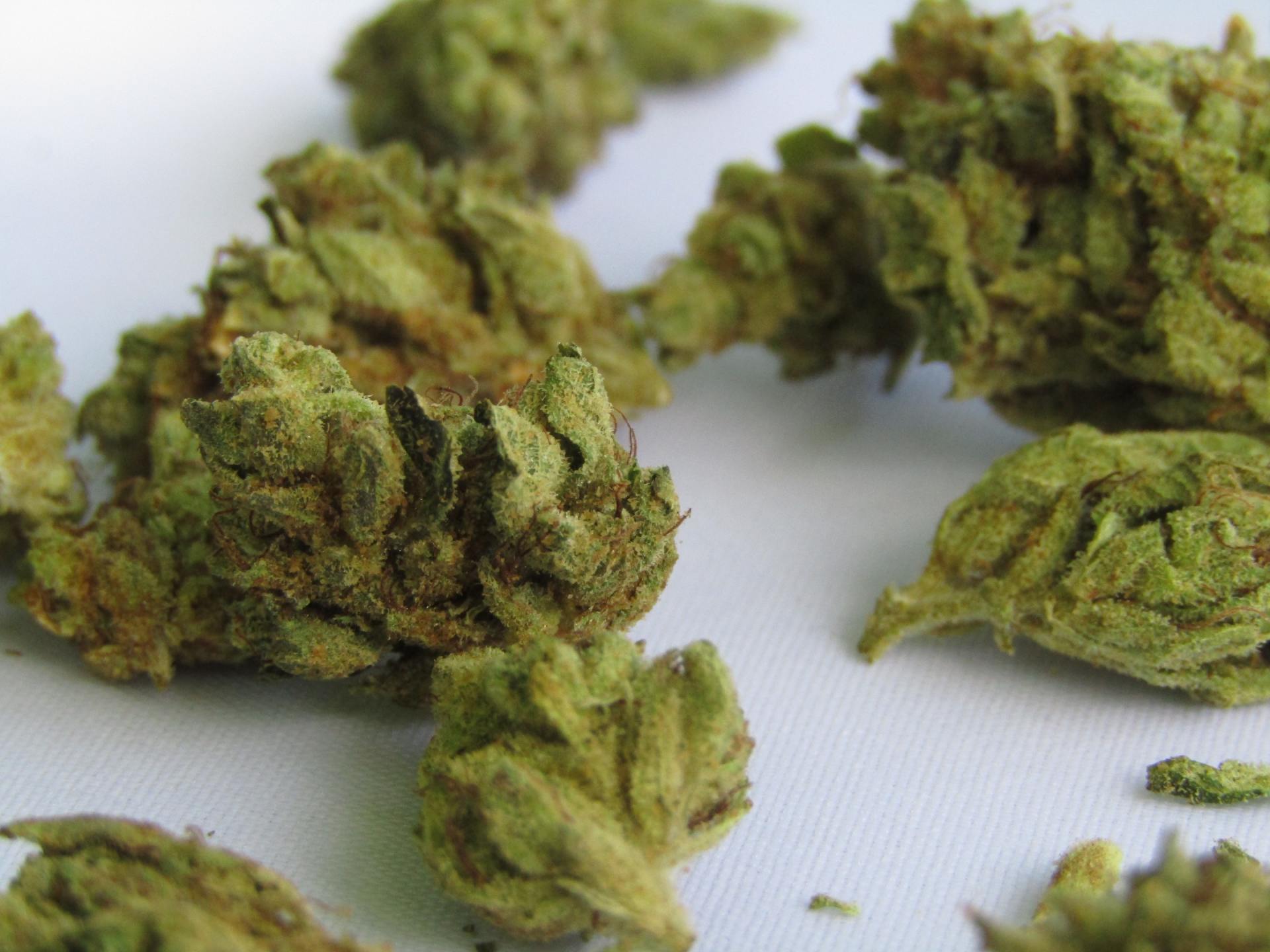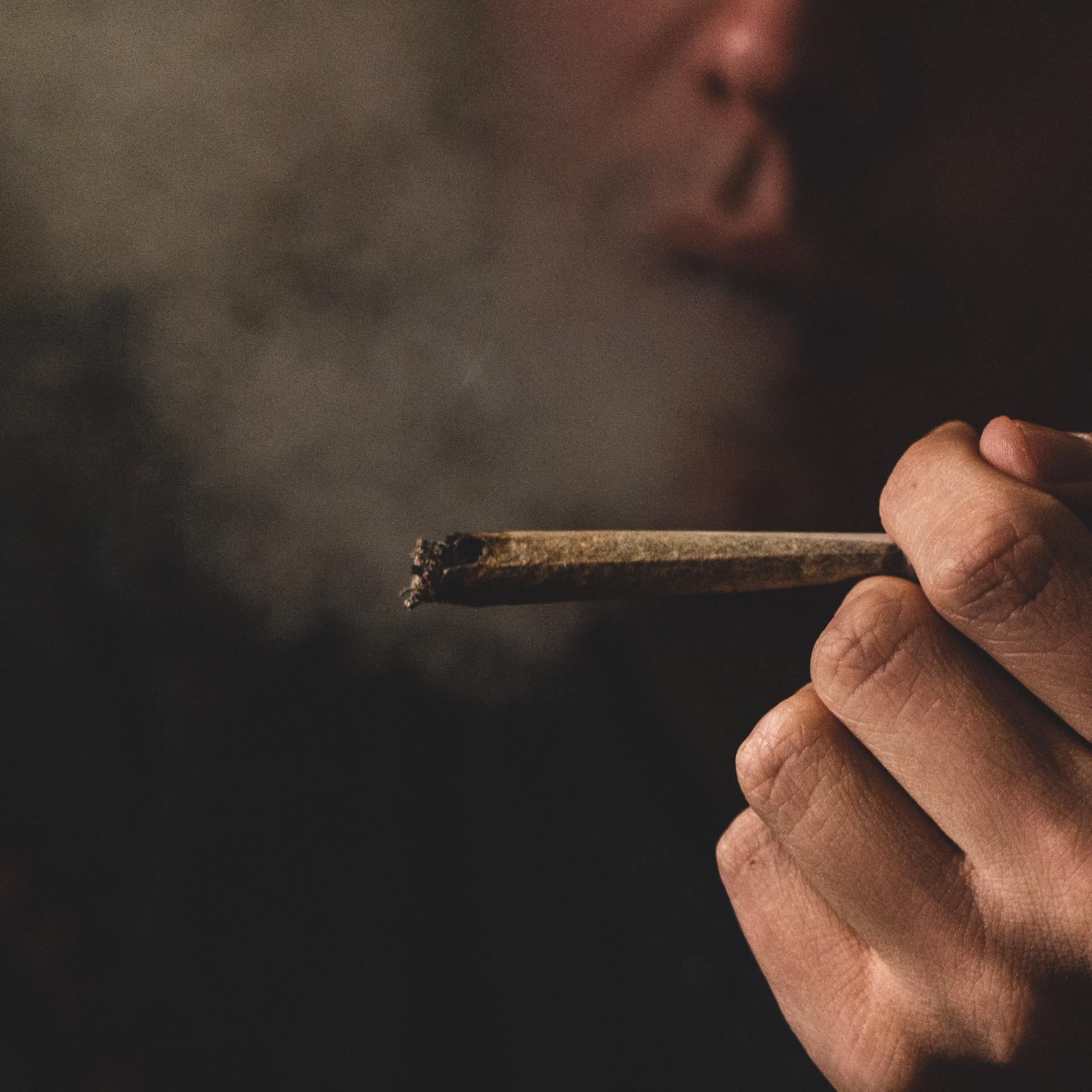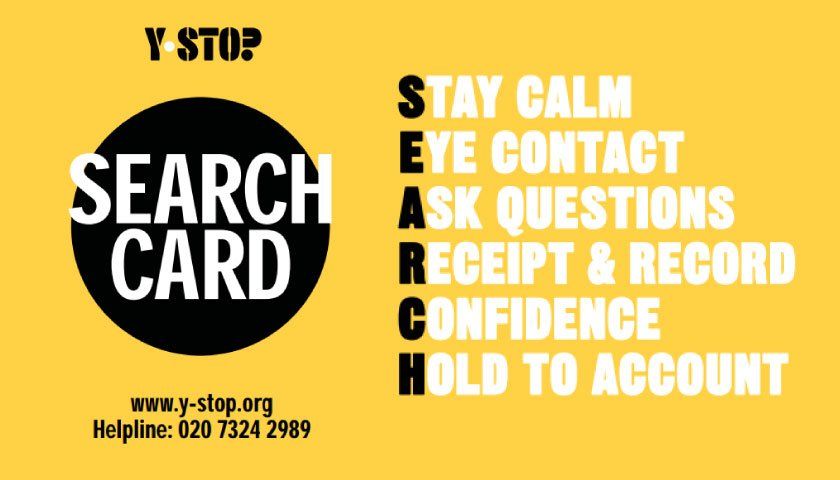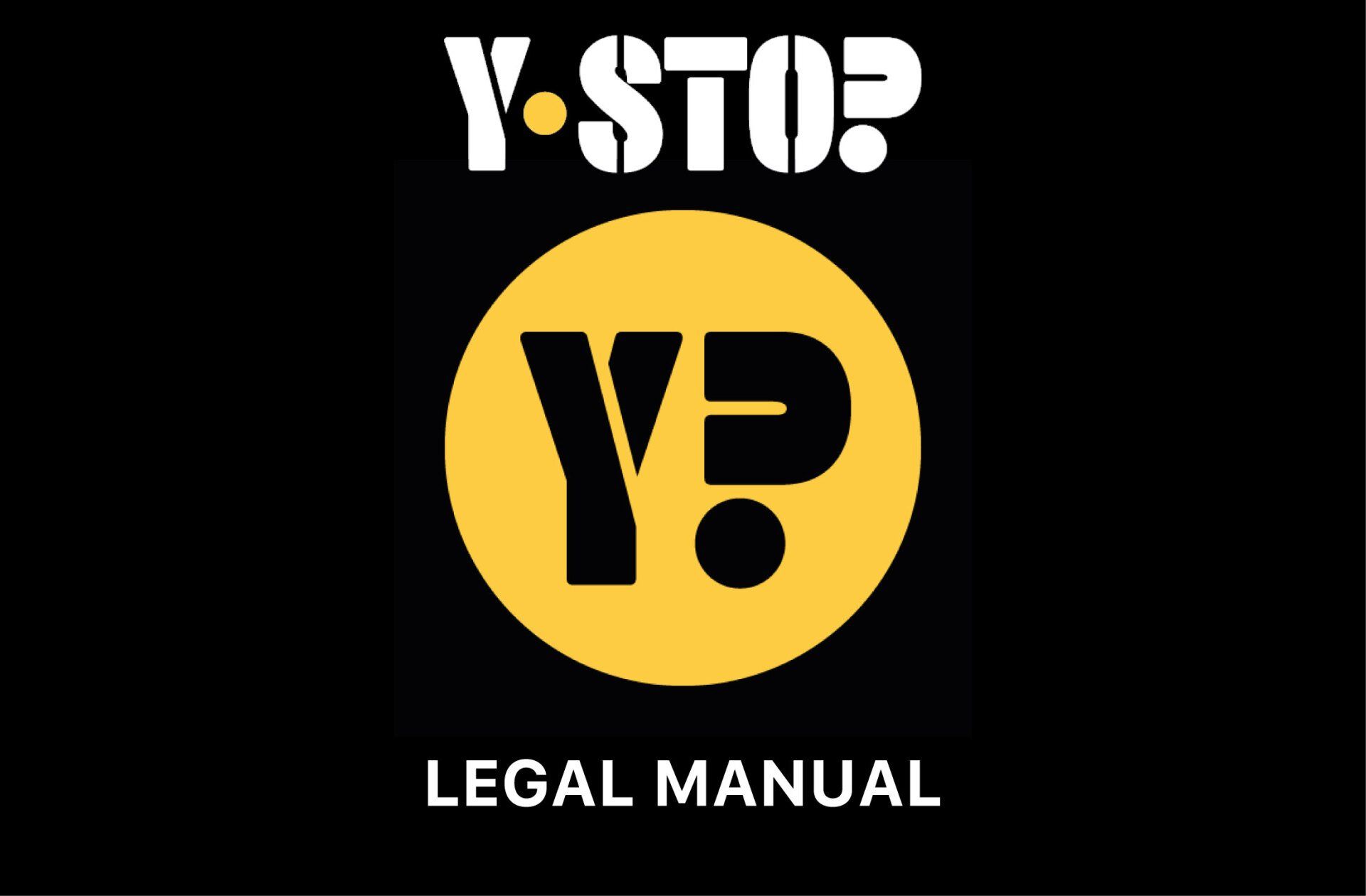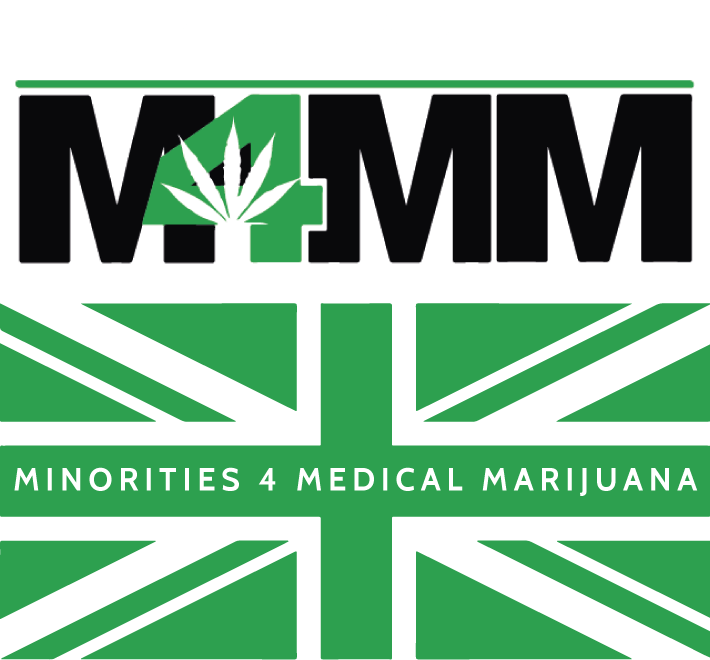Learning
Understanding UK Cannabis Policy and Your Rights.
The current status of Cannabis in the UK.
UK Cannabis Law
Understanding the law and your rights.
Cannabis is listed as a Class B controlled substance under the Misuse of Drugs Act 1971.
You can read the full legislation using the button below. The pages relevant to Cannabis are 9, 11, 32, 43, 57 and 66.
What is a controlled substance?
What is a controlled substance?
The UK parliament categorises illegal drugs into three different classes; class A, B or C, with the most serious punishments and fines being given for the use, possession or supply of a class A substance. Every drug listed under the Misuse of Drugs Act 1971 is termed as a 'controlled substance' - where class allocation is determined by the harm it is considered to cause.
Cannabis is listed as a Class B drug under the Misuse of Drugs Act 1971. The term controlled substance very loosely defines the current status of Cannabis as there is little to no control over its production and supply. The existing market is completely illicit, meaning it's controlled entirely by underground syndicates or independent informal vendors, and is completely unregulated - which means there is no control over the quality and safety assurance of what is being supplied to an eclectic range of consumers.
This doesn't mean that all of the unregulated Cannabis in the UK is of low quality. Many informal cultivators are specialists and are only interested in producing quality that would be acceptable in a regulated market - however - due to the risks involved with this type of operation these growers are not as easily accessible as a local informal vendor.
Under the Misuse of Drugs Act 1971, it is an offence:
- to unlawfully possess a controlled drug
- to possess a controlled drug with intent to supply it
- to unlawfully supply (sell/give/share) a controlled drug
- to allow premises you occupy or manage to be used for the smoking or use of drugs
The UK parliament categorises illegal drugs into three different classes; class A, B or C, with the most serious punishments and fines being given for the use, possession or supply of a class A substance. Every drug listed under the Misuse of Drugs Act 1971 is termed as a 'controlled substance' - where class allocation is determined by the harm it is considered to cause.
Cannabis is listed as a Class B drug under the Misuse of Drugs Act 1971. The term controlled substance very loosely defines the current status of Cannabis as there is little to no control over its production and supply. The existing market is completely illicit, meaning it's controlled entirely by underground syndicates or independent informal vendors, and is completely unregulated - which means there is no control over the quality and safety assurance of what is being supplied to an eclectic range of consumers.
This doesn't mean that all of the unregulated Cannabis in the UK is of low quality. Many informal cultivators are specialists and are only interested in producing quality that would be acceptable in a regulated market - however - due to the risks involved with this type of operation these growers are not as easily accessible as a local informal vendor.
Under the Misuse of Drugs Act 1971, it is an offence:
- to unlawfully possess a controlled drug
- to possess a controlled drug with intent to supply it
- to unlawfully supply (sell/give/share) a controlled drug
- to allow premises you occupy or manage to be used for the smoking or use of drugs
The UK government's stance on Cannabis.
The UK government's stance on Cannabis.
The UK government takes an uneducated and patronising stance on Cannabis policy, by demonstrating a limited understanding of it's full medical potential and belittling the British public with accusations of poor self-control. They falsely maintain the idea that Marijuana in it's herbal form holds no medical benefits, is an addictive substance and is detrimental to mental health; despite the countless and easily accessible studies carried out across the world defying this logic.
In 2001 there were discussions about reclassifying Cannabis from a Class B to a Class C after a series of public surveys and research based recommendations were made to lessen the severity of punishment for possession and supply. This change was implemented in 2004, but was later reversed in 2008 following a review from the previous year by the then Prime Minister and Home Secretary - Gordon Brown and Jacqui Smith. This indecisive and fluctuating stance on controlled status is a prime example of the UK government's uninformed approach to Cannabis policy; which has been to maintain prohibition and solely debate over the reclassification of a controlled status.
Despite maintaining a flawed argument that Cannabis has no medicinal benefits in herbal form, by 2016 the UK was recognised as the highest producer and exporter of medical Marijuana and Cannabis based medicines in the world. In November of 2018, Marijuana was legalised for medicinal use in the UK, however, the medications available can only be prescribed by a specialist, and at a cost that most patients are unable to afford.
The UK government takes an uneducated and patronising stance on Cannabis policy, by demonstrating a limited understanding of it's full medical potential and belittling the British public with accusations of poor self-control. They falsely maintain the idea that Marijuana in it's herbal form holds no medical benefits, is an addictive substance and is detrimental to mental health; despite the countless and easily accessible studies carried out across the world defying this logic.
In 2001 there were discussions about reclassifying Cannabis from a Class B to a Class C after a series of public surveys and research based recommendations were made to lessen the severity of punishment for possession and supply. This change was implemented in 2004, but was later reversed in 2008 following a review from the previous year by the then Prime Minister and Home Secretary - Gordon Brown and Jacqui Smith. This indecisive and fluctuating stance on controlled status is a prime example of the UK government's uninformed approach to Cannabis policy; which has been to maintain prohibition and solely debate over the reclassification of a controlled status.
Despite maintaining a flawed argument that Cannabis has no medicinal benefits in herbal form, by 2016 the UK was recognised as the highest producer and exporter of medical Marijuana and Cannabis based medicines in the world. In November of 2018, Marijuana was legalised for medicinal use in the UK, however, the medications available can only be prescribed by a specialist, and at a cost that most patients are unable to afford.
Possession Of Cannabis
Section 5 of the MDA71 prohibits possession of controlled substances.
If caught in possession of Cannabis, as well as considering arrest and confiscating the drug, police are likely to:
- give a cannabis warning for a first offence of possession – this is a written warning that does not show up on the PCN and should not show on CRB checks often carried out by employers.
- give a Penalty Notice for Disorder – this is an on-the-spot fine of £90 for a second offence. You must pay this within 14 days or face going to court.
- make an arrest if it is the third offence of having been caught with cannabis or if it is over a certain weight – this could lead to conviction in court and a criminal record.
Possession Of Cannabis
Section 5 of the MDA71 prohibits possession of controlled substances.
If caught in possession of Cannabis, as well as considering arrest and confiscating the drug, police are likely to:
- give a cannabis warning for a first offence of possession – this is a written warning that does not show up on the PCN and should not show on CRB checks often carried out by employers.
- give a Penalty Notice for Disorder – this is an on-the-spot fine of £90 for a second offence. You must pay this within 14 days or face going to court.
- make an arrest if it is the third offence of having been caught with cannabis or if it is over a certain weight – this could lead to conviction in court and a criminal record.
Supplying Cannabis
Section 4 of the MDA71 restricts the supplying of controlled substances.
Supply is anything from sharing a joint, offering or physically picking up another bag for your friend while you are getting your own, and even giving it away for free, no matter the quantity.
If you are involved in a raid on your premises and scales and baggies are found as well as things like tick lists and other evidence of dealing the chances are very high that you will be charged under “possession with intent to supply”
Punishment by the Act is from three years in prison. Sentencing Guidelines suggest different punishment severity depending on the circumstances and the weight of the controlled substance found.
Supplying Cannabis
Section 4 of the MDA71 restricts the supplying of controlled substances.
Supply is anything from sharing a joint, offering or physically picking up another bag for your friend while you are getting your own, and even giving it away for free, no matter the quantity.
If you are involved in a raid on your premises and scales and baggies are found as well as things like tick lists and other evidence of dealing the chances are very high that you will be charged under “possession with intent to supply”
Punishment by the Act is from three years in prison. Sentencing Guidelines suggest different punishment severity depending on the circumstances and the weight of the controlled substance found.
Cultivation & Production
Section 6 of the MDA71 states cultivation is prohibited without holding a valid licence granted by the Home Office (HEMP ONLY).
Cultivation includes the germination of cannabis seeds, the tending of plants, rooted cuttings, harvesting and drying of plants.
Production is an escalated charge of cultivation whereby the organised nature, scale of the operation or number of plants surpasses a limit set out by the Court Sentencing Guidelines.
This limit is 25 plants and other supporting evidence such as scales, communications and baggies can play a factor. It carries a higher sentencing recommendation than cultivation.
Cultivation & Production
Section 6 of the MDA71 states cultivation is prohibited without holding a valid licence granted by the Home Office (HEMP ONLY).
Cultivation includes the germination of cannabis seeds, the tending of plants, rooted cuttings, harvesting and drying of plants.
Production is an escalated charge of cultivation whereby the organised nature, scale of the operation or number of plants surpasses a limit set out by the Court Sentencing Guidelines.
This limit is 25 plants and other supporting evidence such as scales, communications and baggies can play a factor. It carries a higher sentencing recommendation than cultivation.
Impact on Mental Health.
A common argument within this subject is the effect that Marijuana has on mental health, particularly for teenagers who start consuming high-strength Cannabis strains that are produced and sold from unregulated and underground operations. There are studies that have shown a correlation between the consumption of unregulated strains and a negative effect on the mental health of young people going into adult-hood. However, the effects of prohibition and criminalisation are not taken into account as factors that have a prominent impact on the experiences and psychologies of users.
This is something that cannot be overlooked when trying to understand the correlation between negative experiences, mental health, psychology and the outcomes of using Cannabis. A few examples below can offer some perspective on how prohibition and criminalisation are the causes of mental health issues relating to Cannabis:
- Unregulated Cannabis can be tainted with chemicals or glass dust to make the product more potent or heavier in weight.
- Youth feel criminalised by frequent encounters with the law, and begin to engage a range of different types of anti-social behaviour.
- Traumatising experiences with the law or with gangs are repressed by young people who feel like they have no safe space to share.
Useful Links:
The links below are to offer readers a deeper understanding of how the UK government has perceived and treated Cannabis as a severely harmful substance. It must be stated that these links do not reinforce or support our stance on how the UK should develop Cannabis policy.
Brief summary UK Cannabis Policy 1900-2011:
https://www.politics.co.uk/reference/cannabis
The NHS on Cannabis:
https://www.nhs.uk/conditions/medical-cannabis/
https://www.nhs.uk/live-well/healthy-body/cannabis-the-facts/
UK Government announces MMJ is legal (2018):
https://www.gov.uk/government/news/government-announces-that-medicinal-cannabis-is-legal
(Please be aware that much of the information on these pages may be inaccurate, since they contain data collected from a society predisposed to having an unhealthy and uneducated relationship or perception towards Cannabis via prohibition and criminalisation.)
Your Rights.
The War on Drugs
"If there is a war on drugs, then every person living in the most active war zones should be well armoured for protection."
- Keshav Jatin Kapoor | M4MM UK Chapter President
"If there is a war on drugs, then every person living in the most active war zones should be well armoured for protection."
- Keshav Jatin Kapoor | M4MM UK Chapter President
Your best weapon is knowledge and confidence.
Your best weapon is knowledge and confidence.
One of the most consistent complaints and experiences from members of the Cannabis community, and from communities of colour, is the frequency and misuse of a Stop and Search by Police in a way that would make it seem as though those two communities were completely interchangeable. These situations can be stressful and inciting for any person, but particularly when it's experienced by someone who is unaware of their rights as a UK citizen. So here you will find some more information to provide you with a clear breakdown of your rights.
One of the most consistent complaints and experiences from members of the Cannabis community, and from communities of colour, is the frequency and misuse of a Stop and Search by Police in a way that would make it seem as though those two communities were completely interchangeable. These situations can be stressful and inciting for any person, but particularly when it's experienced by someone who is unaware of their rights as a UK citizen. So here you will find some more information to provide you with a clear breakdown of your rights.
Stop and Search
The police only hold general powers when specified in a statute. They do not have the right to stop and search you without any cause for action, such as those listed in a public order act - like a Section 60 Order. If you are stopped for a search you should always ask for an explanation, and for the Police officer to tell you exactly why they are searching you. You will find the questions you should ask a Police officer below. If there is no public order in place or existing power for a search, no search should be conducted - with the only exception being if you are entering any premises where your consent to a search is a condition of entry - i.e. public events space.
You must only provide your personal details to the Police if you have been cautioned or arrested and an officer has repeated to you the exact act of law you have broken and the offence that has been committed. Refusal to give your name and address to an officer if you have been served a £90 fine for possession could result in arrest and being detained at a Police station.
Stop and Search
The police only hold general powers when specified in a statute. They do not have the right to stop and search you without any cause for action, such as those listed in a public order act - like a Section 60 Order. If you are stopped for a search you should always ask for an explanation, and for the Police officer to tell you exactly why they are searching you. You will find the questions you should ask a Police officer below. If there is no public order in place or existing power for a search, no search should be conducted - with the only exception being if you are entering any premises where your consent to a search is a condition of entry - i.e. public events space.
You must only provide your personal details to the Police if you have been cautioned or arrested and an officer has repeated to you the exact act of law you have broken and the offence that has been committed. Refusal to give your name and address to an officer if you have been served a £90 fine for possession could result in arrest and being detained at a Police station.
Stop and Account
‘Stop and account’ is the power allowing police officers to ask questions about who you are and what you’re doing in the area in which you’ve stopped. It is NOT the same as ‘stop and search’ and is not as widely known. With ‘stop and account’, you can be stopped in the street or other public place by a police officer or police community support officer (PCSO). If the police officer is not in uniform, they have to show their warrant card to prove their identity.
An officer who actions a 'stop and account' may ask you:
- What are you doing?
- Why are you in the area?
- Where are you going?
- What are you carrying?
Most of the time, you have the legal right to refuse to answer and just walk away. Usually, under ‘stop and account’, the police officer or PCSO doesn’t have the power to force you to stay. You can’t be searched or arrested just because you refuse to answer their questions.
But the one situation
when you must answer is if the police ask you for your name and address. This is when the police have reason to believe that you have engaged, or are engaging, in anti-social behaviour. In this situation it’s a criminal offence to refuse to give your name and address and you could be arrested if the police think it’s necessary to do so in order to attain those details. Never give false information and this could be seen as an offence of obstructing the police in the course of their duty. You should always be prepared to ask questions.
Treat it as a conversation not a confrontation.
Y-STOP are a help and information service that are a part of Release, providing advice and guidance on Stop and Search and Stop and Account. They advise you should ask the following four questions to an officer that is asking for you to take part in a Stop and Search:
Always ask the officer these 4 Questions:
- ”On what grounds?”, what legal power are they using;
- “What are you looking for?” The object of the search;
- “Who are you?” See their badge or warrant if they are not in uniform;
- ”The station where they are registered?” It is important to ask if you are being detained or are free to leave.
Stop and Account
‘Stop and account’ is the power allowing police officers to ask questions about who you are and what you’re doing in the area in which you’ve stopped. It is NOT the same as ‘stop and search’ and is not as widely known. With ‘stop and account’, you can be stopped in the street or other public place by a police officer or police community support officer (PCSO). If the police officer is not in uniform, they have to show their warrant card to prove their identity.
An officer who actions a 'stop and account' may ask you:
- What are you doing?
- Why are you in the area?
- Where are you going?
- What are you carrying?
Most of the time, you have the legal right to refuse to answer and just walk away. Usually, under ‘stop and account’, the police officer or PCSO doesn’t have the power to force you to stay. You can’t be searched or arrested just because you refuse to answer their questions.
But the one situation when you must answer is if the police ask you for your name and address. This is when the police have reason to believe that you have engaged, or are engaging, in anti-social behaviour. In this situation it’s a criminal offence to refuse to give your name and address and you could be arrested if the police think it’s necessary to do so in order to attain those details. Never give false information and this could be seen as an offence of obstructing the police in the course of their duty. You should always be prepared to ask questions.
Treat it as a conversation not a confrontation.
Y-STOP are a help and information service that are a part of Release, providing advice and guidance on Stop and Search and Stop and Account. They advise you should ask the following four questions to an officer that is asking for you to take part in a Stop and Search:
Always ask the officer these 4 Questions:
- ”On what grounds?”, what legal power are they using;
- “What are you looking for?” The object of the search;
- “Who are you?” See their badge or warrant if they are not in uniform;
- ”The station where they are registered?” It is important to ask if you are being detained or are free to leave.
Help & Support.
Release
For direct legal support contact Release today.
Release is an independent registered charity founded in 1967 and is a national centre of expertise on drugs and drugs law.
"Through our services the team provides free non-judgmental, specialist advice and information to the public and professionals on issues related to drug use and to drug laws.
The organisation campaigns directly on issues that impact on our clients – it is their experiences that drive the policy work that Release does and why we advocate for evidenced-based drug policies that are founded on principles of public health rather than a criminal justice approach.
Release believes in a just and fair society where drug policies should reduce the harms associated with drugs, and where those who use drugs are treated based on principles of human rights, dignity and equality.
The organisation is an NGO in Special Consultative Status with the Economic and Social Council of the United Nations, as well as being part of the Vienna NGO Committee on Narcotic Drugs (VNGOC) and the New York NGO Committee on Drugs (NYNGOC)."
Contact Release today: 0207 324 2989
If you have been affected by a Cannabis law and are unsure of the legal implications or conduct involved in the engagement, we advise that you contact release.org.uk at your earliest convenience so that an expert member of their team can look into your particular experience.
Contact Release today: 0207 324 2989
If you have been affected by a Cannabis law and are unsure of the legal implications or conduct involved in the engagement, we advise that you contact release.org.uk at your earliest convenience so that an expert member of their team can look into your particular experience.
Y-Stop app and resources
A 'Stop and Search' project by young people for young people.
Y-Stop is a stop and search project created by young people for young people. The project is a collaboration between charities, lawyers, young people, youth workers, community, and media organisations. It is run by Release in partnership with StopWatch.
They address the problems experienced during police-led stop and searches. It aims to give young people the skills to handle stop and search, to inform their interactions with the police, and to provide tools for advice, empowerment, and the reporting of illegal or inappropriate police behaviour. By providing training and tools, the project increases young people's confidence and skills to effectively deal with stop and search.
At Notting Hill Carnival 2015, they launched the Y-Stop app - which was developed by the same team responsible for the American Civil Liberties Union (ACLU) app – which aims to increase police accountability. The app allows users to connect with expert lawyers and instantly receive free confidential support and advice. The app is free to download on all iOS and Android devices.
Y-Stop is a stop and search project created by young people for young people. The project is a collaboration between charities, lawyers, young people, youth workers, community, and media organisations. It is run by Release in partnership with StopWatch.
They address the problems experienced during police-led stop and searches. It aims to give young people the skills to handle stop and search, to inform their interactions with the police, and to provide tools for advice, empowerment, and the reporting of illegal or inappropriate police behaviour. By providing training and tools, the project increases young people's confidence and skills to effectively deal with stop and search.
At Notting Hill Carnival 2015, they launched the Y-Stop app - which was developed by the same team responsible for the American Civil Liberties Union (ACLU) app – which aims to increase police accountability. The app allows users to connect with expert lawyers and instantly receive free confidential support and advice. The app is free to download on all iOS and Android devices.
More resources from Y-Stop
You can download more guides and information created by Y-Stop below.
All Rights Reserved | Minorities 4 Medical Marijuana
